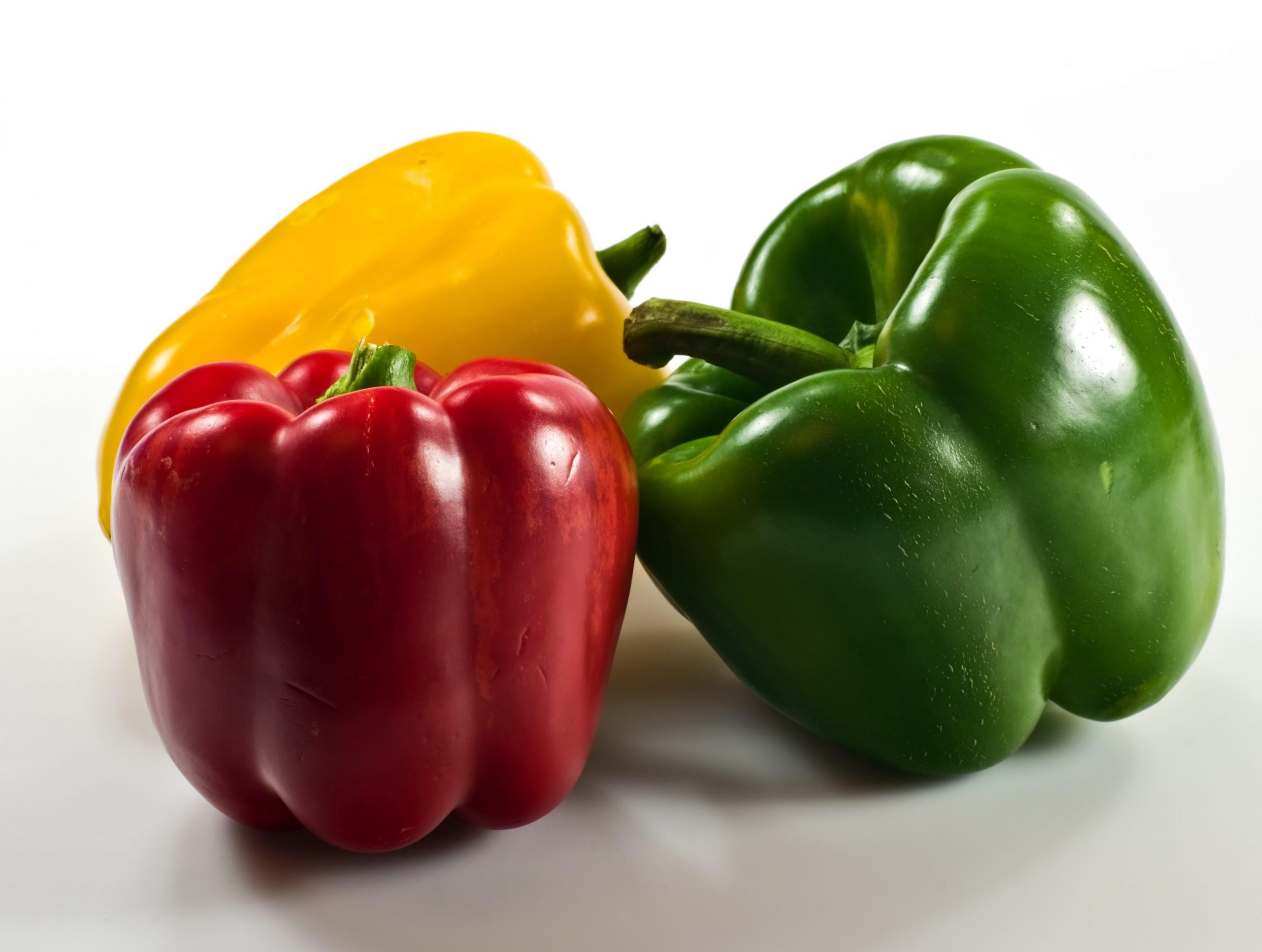The Ultimate Guide to Fertilizing Peppers: Enhancing Growth and Flavor Naturally
As pepper fanatics seek to grow robust plants generating savory fruits, the role of fertilizing becomes critical in achieving these goals. By exploring the advantages of natural plant foods, unlocking the secrets behind pepper plant nutrient requires, and delving right into the world of natural fertilizer alternatives, a world of possibilities arises for improving the vitality and taste profile of these cherished plants.
Benefits of All-natural Plant Foods
Natural plant foods supply a variety of advantages that add to the overall health and productivity of pepper plants. Unlike artificial fertilizers, all-natural alternatives supply necessary nutrients in a form that is quickly soaked up by the plants, promoting durable growth and growth. Among the crucial advantages of all-natural fertilizers is their ability to enhance soil structure and fertility in time. By enriching the dirt with natural issue, such as compost or manure, natural plant foods boost its water retention ability and nutrient-holding abilities, creating an extra friendly atmosphere for pepper plants to grow in.
Furthermore, all-natural plant foods support a diverse and active soil microbiome, promoting valuable microbial task that assists in nutrient recycling and uptake by the plants. This microbial task can assist reduce dangerous virus and diseases, decreasing the demand for chemical interventions. Furthermore, all-natural plant foods promote long-lasting soil health and wellness by maintaining a well balanced environment underground, which in turn sustains the total health and strength of pepper plants above ground.
Comprehending Pepper Plant Nutrient Requirements
Having established the benefits of organic plant foods in boosting soil health and wellness and promoting microbial task, the emphasis currently moves to comprehending the particular nutrient requirements important for optimal development and taste in pepper plants.

Understanding the particular nutrient demands of pepper plants is critical for attaining plentiful harvests with outstanding taste. By offering the best balance of nutrients with organic plant foods or dirt modifications, growers can make certain healthy, strenuous plants that create savory peppers throughout the growing period.
Organic Fertilizer Options for Peppers
In boosting the development and flavor of pepper plants, selecting the suitable natural plant foods is a crucial consideration. Organic plant foods use a lasting and all-natural way to nourish pepper plants without introducing damaging chemicals to the dirt and setting.
An additional reliable natural fertilizer for peppers is aged manure. Rich in phosphorus, potassium, and nitrogen, aged manure provides a balanced nutrient mix that sustains strenuous development and bountiful fruit manufacturing (best fertilizers for peppers). It is vital to make use of well-aged manure to stop burning the plants with excess ammonia
Fish solution is a fast-acting natural plant food that supplies pepper plants with a quick boost of nutrients. Originated from fish waste, this plant food is high in nitrogen, making it especially see post useful throughout the early stages of pepper plant development. Fish emulsion is simple to use and is easily absorbed by the plants, promoting healthy and balanced vegetation and solid origin development.
When choosing an organic plant food for peppers, take into consideration the specific nutrient requirements of your plants and go with alternatives that straighten with your horticulture methods and values.
Ideal Practices for Fertilizing Pepper Plants
Thinking about the value of choosing appropriate natural fertilizers for pepper plants, carrying out finest techniques for fertilization is vital to make certain ideal development and flavor advancement. Among the essential ideal methods for feeding pepper plants is to conduct a dirt test prior to applying any kind of plant foods. This test will certainly assist identify the particular nutrient demands of the soil and guide you in picking the ideal kind and amount of plant food. It is additionally essential to feed pepper plants at the correct time, typically prior to planting and throughout essential development stages such as flowering and fruit growth.
Furthermore, integrating organic matter right into the dirt through garden compost or mulching can aid improve soil framework, water retention, and vitamins and mineral accessibility, promoting much healthier pepper plants with boosted flavor profiles. By sticking to these finest practices, you can effectively nurture your pepper plants and attain abundant harvests with exceptional taste and top quality.
Troubleshooting Common Fertilizing Issues

pH inequality is an additional issue that can affect nutrient uptake in pepper plants. Establishing a routine fertilization routine and complying with advised application prices can aid prevent this concern and guarantee healthy and balanced pepper plants throughout the expanding period.
Final Thought
In conclusion, making use of natural fertilizers can significantly enhance original site the growth and flavor of pepper plants. By understanding the nutrient needs of pepper plants and choosing natural plant food choices, gardeners can effectively promote energetic and healthy growth. Following best methods for feeding pepper plants and fixing common fertilizing issues can assist make certain successful growing of peppers. Overall, correct fertilizing techniques are necessary for her comment is here maximizing the yield and top quality of pepper crops.
By exploring the benefits of all-natural fertilizers, opening the secrets behind pepper plant nutrient needs, and diving right into the world of organic plant food alternatives, a globe of possibilities arises for boosting the vitality and taste account of these beloved plants.Fish emulsion is a fast-acting natural fertilizer that provides pepper plants with a quick boost of nutrients. It is likewise essential to feed pepper plants at the ideal time, commonly before planting and throughout key development phases such as blooming and fruit advancement.
By recognizing the nutrient requirements of pepper plants and selecting natural plant food choices, gardeners can efficiently advertise healthy and energetic growth. Complying with ideal techniques for fertilizing pepper plants and troubleshooting usual fertilization issues can help guarantee effective farming of peppers.